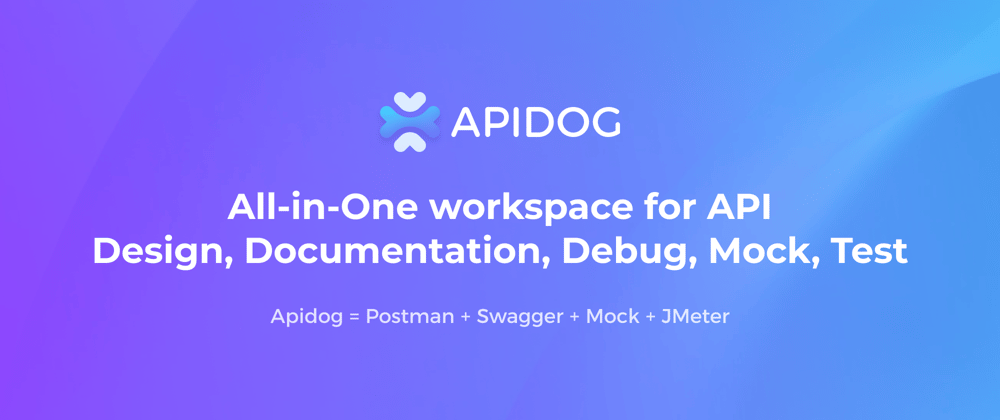How To Use Pre-Request Script In Postman
Harnessing the Power of Pre-Request Scripts in Postman
Pre-request scripts are a powerful feature in Postman that enable you to automate tasks before sending an API request. These scripts can modify request headers, parameters, and even dynamically generate data, making your tests more efficient and reliable.
Understanding Pre-Request Scripts
Pre-request scripts are snippets of JavaScript code that run before each request in Postman. They are written in the “Tests” tab of a request and accessed through the “Pre-request Script” editor.
How to Use Pre-Request Scripts in Postman
-
Access the Pre-Request Script Editor: Open the request in Postman and click on the “Tests” tab. The pre-request script editor appears.
-
Write Your JavaScript Code: Utilize the editor to write your JavaScript code. Here are some common use cases:
a. Setting Dynamic Request Headers:
pm.request.headers.add("Authorization", "Bearer " + pm.environment.get("token"));- This script sets the “Authorization” header to a Bearer token fetched from the environment variable “token”.
b. Modifying Request Parameters:
pm.request.url.query.add("date", new Date().toISOString());- This script adds a “date” parameter to the request URL, generating a current timestamp in ISO format.
c. Generating Dynamic Data:
var randomUsername = pm.variables.replaceIn("username_{{randomInt}}", {randomInt: Math.floor(Math.random() * 100)});pm.request.body.form.set("username", randomUsername);- This script generates a random username and sets it as the “username” field in the request body using form-data encoding.
-
Save and Run Your Request: Save the changes to the request and run it. Postman will execute the pre-request script before sending the request.
Manipulating Environment Variables
Pre-request scripts allow you to efficiently manage environment variables.
-
Setting Environment Variables:
pm.environment.set("apiBaseUrl", "https://api.example.com");This sets the environment variable “apiBaseUrl” to the specified value.
-
Retrieving Environment Variables:
var token = pm.environment.get("token");This retrieves the value of the environment variable “token”.
Customizing Requests with Global Variables
Extend the versatility of your scripts by harnessing global variables.
-
Defining Global Variables:
pm.globals.set("apiKey", "your_api_key");This sets the global variable “apiKey” to the given value.
-
Accessing Global Variables:
var apiKey = pm.globals.get("apiKey");This retrieves the value of the global variable “apiKey”.
Leveraging the Power of Postman Collections
Pre-request scripts work seamlessly with Postman collections, enabling you to automate complex workflows.
-
Creating a Collection: Use the Postman UI to create a new collection and add requests to it.
-
Applying Scripts to Requests: Add pre-request scripts to specific requests within the collection.
-
Running the Collection: Execute the collection, and Postman will execute the pre-request scripts before each request in the collection.
Advanced Tips and Best Practices
-
Error Handling: Include try-catch blocks to gracefully handle errors in your pre-request scripts, avoiding potential issues.
-
Code Organization: Break your pre-request scripts into smaller, well-documented functions for easier maintenance.
-
Test Thoroughly: Always test your pre-request scripts to ensure they function as expected and do not negatively impact your tests.
-
Sharing and Collaboration: Utilize Postman’s collaboration features to share your collections and pre-request scripts effectively.
By mastering pre-request scripts, you can elevate your API testing process, reducing manual effort and improving efficiency, accuracy, and consistency. This allows you to focus on identifying and addressing potential problems confidently.
